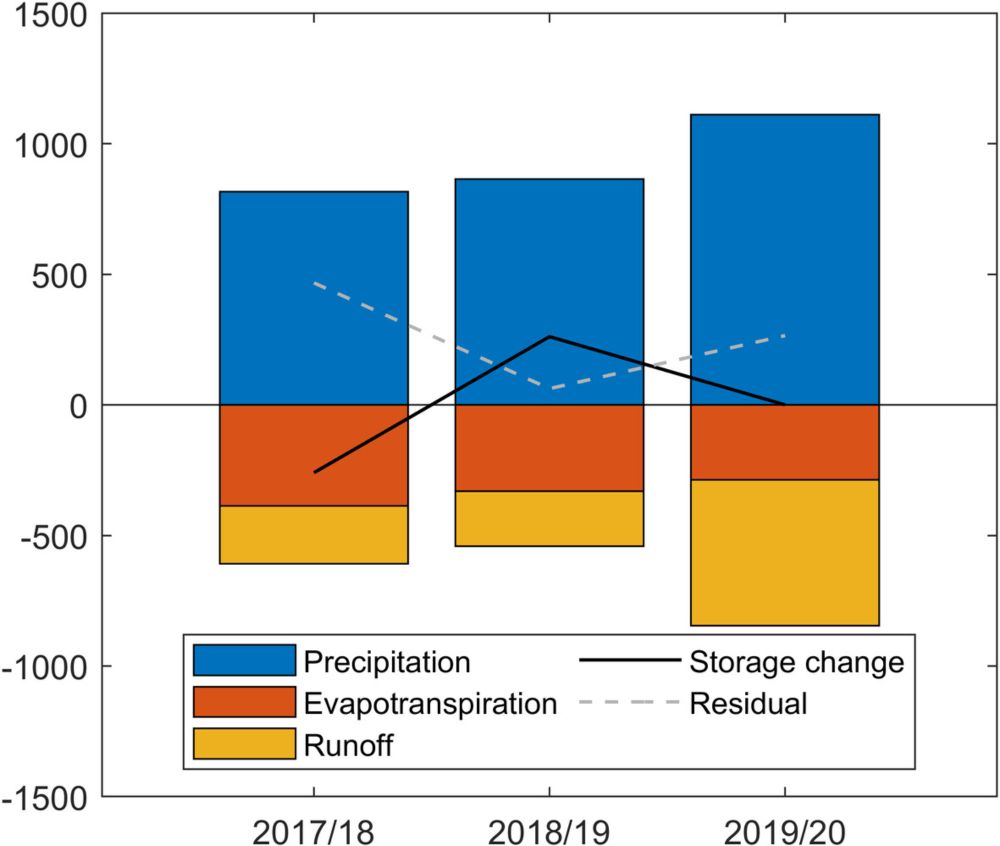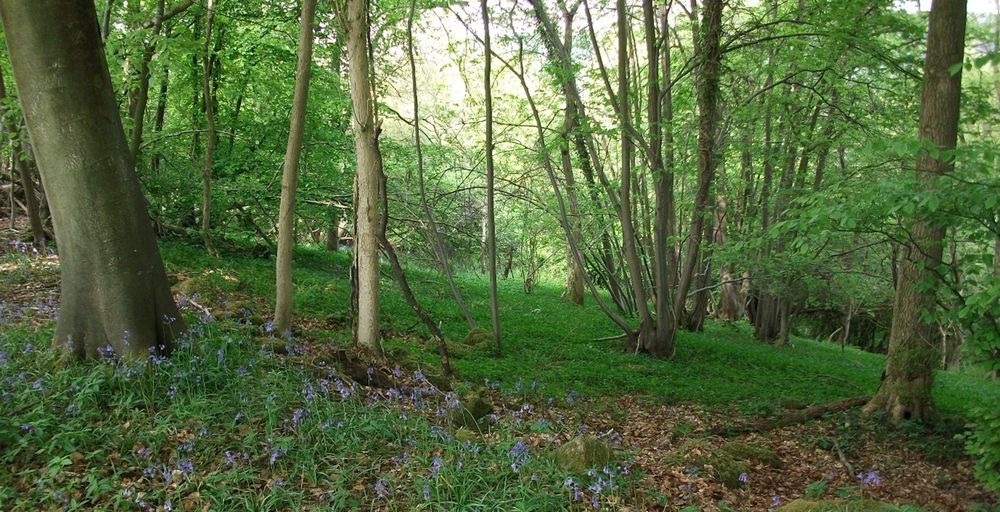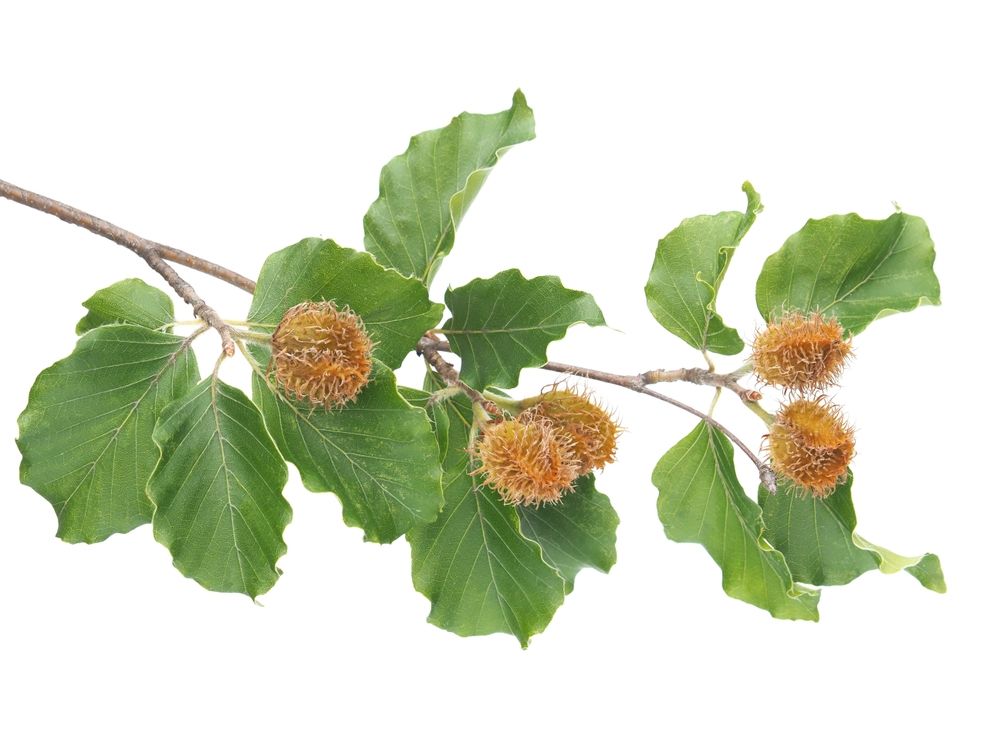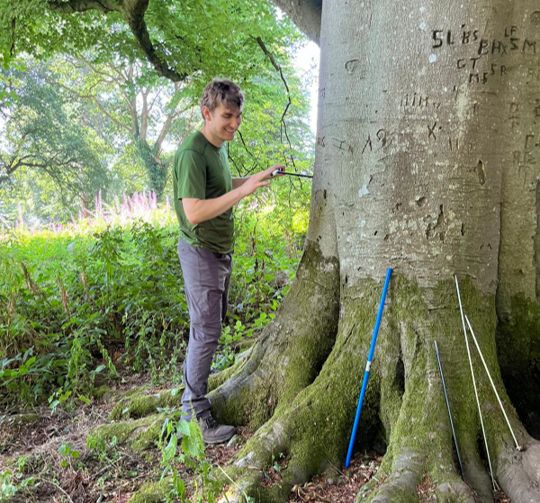
Professor + Dean - School of Environmental Sciences • Liverpool University• Captain / Vice Chair - Birkenhead Lawn Tennis Club • Views own • he/him
Reposted by Richard C. Chiverrell

Reposted by Doerthe Tetzlaff, Richard C. Chiverrell





Reposted by Andy Baker, Richard C. Chiverrell, Andrew Hacket‐Pain
Reposted by Richard C. Chiverrell

Reposted by Richard C. Chiverrell
Reposted by Richard C. Chiverrell

To find out more about the centre and its aims read the news article and follow for updates.
www.manchester.ac.uk/about/news/e...
Reposted by Richard C. Chiverrell
Reposted by Richard C. Chiverrell, Freddie C. Draper

Reposted by Richard C. Chiverrell








